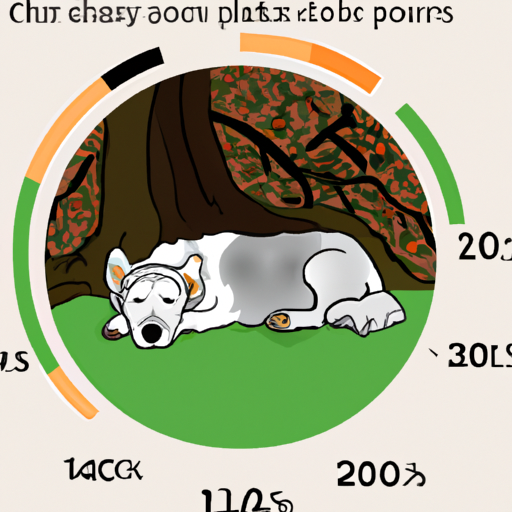Understanding Natural Death in Dogs
You might wonder, what does it mean for a dog to die naturally? The term “natural death” refers to death that occurs due to age or underlying health conditions, without any external intervention such as euthanasia. It’s a process that, as caregivers, we may find hard to digest, but it’s a part of the life cycle that we must accept.
Factors Influencing Natural Death of Dogs
Several factors influence the likelihood of dogs dying naturally:
- Breed: Smaller breeds tend to live longer than larger breeds. A Chihuahua might live past 15 years, while a Great Dane may only reach 8 to 10 years.
- Healthcare: Regular vet check-ups and a balanced diet can boost your dog’s life span significantly.
- Genetics: Some breeds are prone to specific health issues that may shorten their life expectancy.
Detailed Statistics on Natural Death in Dogs
The percentage of dogs dying naturally varies depending on the factors mentioned above. However, according to recent studies, here’s a general breakdown:
| Breed Size | Average Lifespan | % of Dogs Dying Naturally |
|---|---|---|
| Small | 10-15 years | 60-70% |
| Medium | 10-13 years | 50-60% |
| Large | 8-12 years | 40-50% |
The Role of Caregivers in a Dog’s Life
As a caregiver, your role is crucial in determining the quality and possibly the length of your dog’s life. Providing regular exercise, a nutritious diet, and preventative healthcare can all contribute to a healthier and longer life for your furry friend.
Preparing for the Inevitable
While it’s tough to think about, preparing for your dog’s eventual passing is an act of love. It’s about making that transition as peaceful and as comfortable as possible. You might consider a pet hospice or at-home euthanasia when the time comes, allowing your dog to pass surrounded by loved ones in a familiar environment.
Frequently Asked Questions
Q: Can I prolong my dog’s life?
A: While you can’t control genetics, you can provide a healthy lifestyle that may extend your dog’s life. Regular vet visits, a balanced diet, and plenty of exercises are beneficial.
Q: Should I consider euthanasia for my dog?
A: Euthanasia is a personal decision often made when a dog’s quality of life has significantly deteriorated. It’s a merciful option to prevent unnecessary suffering.
Q: How can I cope with the loss of my dog?
A: Grieving is a personal process and may require time. Seek support from loved ones or pet loss support groups, and remember the happy times you shared with your furry friend.
Q: How do I explain my dog’s death to my child?
A: Be honest and use age-appropriate language. Let them express their feelings and reassure them that it’s okay to feel sad.



